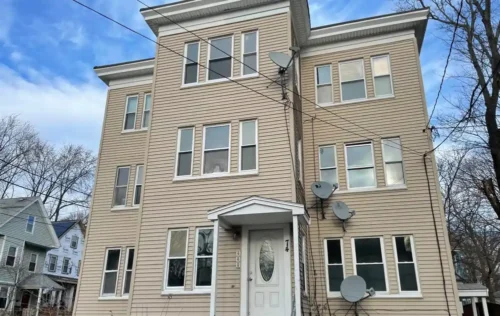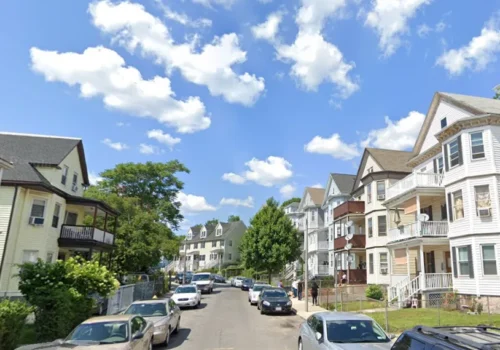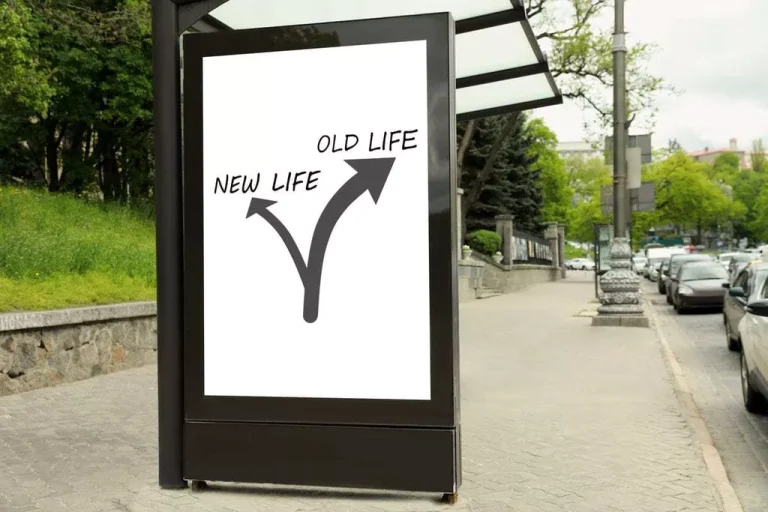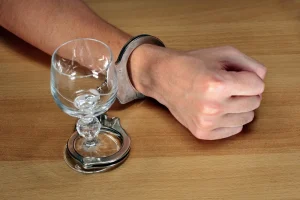
One of the easiest ways to figure out how long you need to stay in drug rehab is to contact the National Rehab Hotline. Call our crisis hotline and speak with a trained professional who can help you choose the best course of action. The help we provide may take the form of advice on how to proceed with treatment, assistance in a time of crisis, or referrals to local organizations.
Duration and Length of Rehab for Addiction

SMART Recovery is a secular, science-based program that offers mutual support in communities worldwide as well as on the internet and has specific programming for families. All Recovery accommodates people with any kind of addiction and its meetings are led by trained peer-support facilitators. Women for Sobriety focuses on the needs of women with any type of substance use problem. Brains are plastic—they how long is drug rehab adapt to experience—and people can change and grow, develop an array of strategies for coping with life’s challenges and stressors, find new means of satisfaction and reward, and negotiate life ahead. Millions of people do, whether they were once compulsive users of opiates, alcohol, or gambling. The endpoint is voluntary control over use and reintegration into the roles and responsibilities of society.
Other factors that can impact the duration of rehab include:
- SMART Recovery is a secular, science-based program that offers mutual support in communities worldwide as well as on the internet and has specific programming for families.
- One widely used model can be summed up in the acronym CHIME, identifying the key ingredients of recovery.
- The experts at The Recovery Village treat many substance use disorders and co-occurring mental health conditions in various treatment settings.
- Committing to a rehab stay means spending time away from work, school, and other obligations until treatment is completed.
- A rehab program may last 30 days, 60 days, 90 days, or more than 120 days.
- For people with addictions to drugs like stimulants or cannabis, no medications are currently available to assist in treatment, so treatment consists of behavioral therapies.
The patient will most likely also have feelings of anxiety and difficulty sleeping. For long-acting forms of the drug, symptoms can be delayed as long as 72 hours until the drug is completely out of one’s system. Because meth can stay in the body for up to three days, withdrawal symptoms usually reach their peak between days two and five. This guide looks at the drug and alcohol recovery timeline and how long it takes to break an addiction. Continuing care and support help people identify any underlying issues that may have contributed to their addiction.

Determining the Length of Drug or Alcohol Treatment

On average, medical detox treatment tends to last for four days, as this is how long most acute symptoms of withdrawal last. For some people, committing to complete abstinence is not desirable or is too daunting a prospect before beginning treatment. Many people desire only to moderate use and bring it under control. In fact, there is growing support for what is called harm reduction, which values any moves toward reducing the destructive consequences of substance abuse. Researchers find that taking incremental steps to change behavior often motivates people to eventually choose abstinence. Nevertheless, many treatment programs, including Alcoholics Anonymous, require a commitment to complete abstinence as a condition of admission.

Press Play for Advice On Finding Help for Alcohol Addiction
- Recovery from an alcohol use disorder requires effort, time, willpower, and support.
- You consent to receive SMS notifications and promotions from Addictionresource.
- Withdrawal from different categories of drugs — such as depressants, stimulants or opioids — produces different side effects and requires different approaches.
- If you go home and live with someone who drinks or uses drugs,or if you live alone without a support system, you’re more likely to revert back to old habits.
- The self-help support group message is that addiction is an ongoing disorder with a danger of relapse.
Detoxification alone without subsequent treatment generally leads to resumption of drug use. While relapse is a normal part of recovery, for some drugs, it can be very dangerous—even deadly. If a person uses as much of the drug as they did before quitting, they can easily overdose because their bodies are no longer adapted to their previous level of drug exposure. An overdose happens when the person uses enough of a drug to produce uncomfortable feelings, life-threatening symptoms, or death. Like treatment for other chronic diseases such as heart disease or asthma, addiction treatment is not a cure, but a way of managing the condition. Treatment enables people to counteract addiction’s disruptive effects on their brain and behavior and regain control of their lives.
- Another reason a longer rehab program can be beneficial is because it allows individuals who struggle with addiction the opportunity to work on the root causes of the addiction.
- Another widely applied benchmark of recovery is the cessation of negative effects on oneself or any aspect of life.
- Over time, reward circuits regain sensitivity to respond to normal pleasures and to motivate pursuit of everyday activities.
- Further, those friends can serve as a cue that sets off drug craving and challenges the recovery process.
- Although, many post-acute withdrawal symptoms can stay with people for years after stopping using.
- If long-term rehab isn’t a good fit or an option that works for you, attending a short-term inpatient program may be a better choice.
- But, don’t let finances or the task of finding support stop you – help is available.
Take Our Substance Use Self-Assessment
Shorter programs may be appropriate for those with mild addiction or who cannot take extended time off work or other obligations. Longer-term programs may be necessary for those with severe addiction or co-existing mental health issues. If you’ve been thinking about inpatient treatment for a mental health condition or addiction, contact us today. Our caring staff at FHE Health is here any time, https://ecosoberhouse.com/ day or night, to help you navigate your treatment options and take your life back by putting you on the best path to recovery. With inpatient programs, you temporarily live at a treatment center and participate in group and individual therapy sessions and other activities. The length of time you spend in inpatient programs depends on individual needs, but most last 30, 60, or 90 days.
Therapy takes time to take hold.




